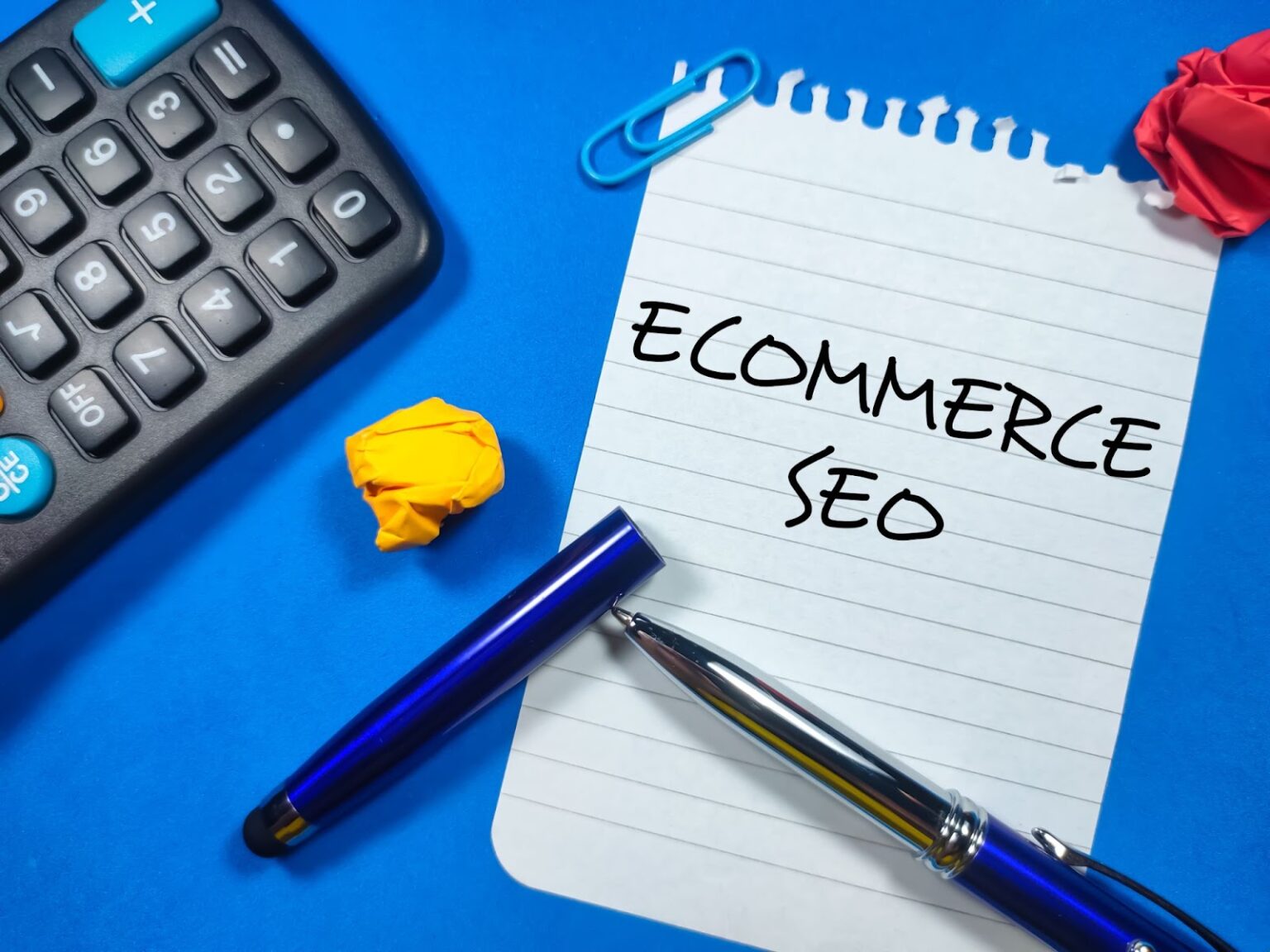Did you know that about 40% of all ecommerce traffic comes from search engines? If your online store isn’t optimized for search, you’re missing out on potential customers and revenue.
With thousands of ecommerce websites competing for attention, simply launching a store isn’t enough. You need SEO for ecommerce websites to ensure your products rank high in search results, attract the right audience, and drive sales.
In this guide, we’ll explore ecommerce SEO best practices, from keyword research and on-page SEO to technical optimizations and link-building strategies.
What Is Ecommerce SEO?
Ecommerce SEO is the process of optimizing an online store so it ranks higher in search engine results. This includes improving site structure, product pages, and technical elements to attract more organic traffic.
Unlike traditional SEO, which focuses on blog content and service pages, ecommerce SEO optimization is specifically tailored to online stores, ensuring that product and category pages appear when potential customers search for relevant products.
An effective SEO strategy for ecommerce websites enhances user experience, builds brand trust, and increases conversion rates.
Why Is SEO Important for Ecommerce Websites?
SEO for ecommerce websites ensures that search engines can properly index and rank pages, making products easier to find. Without proper optimization, even the most well-designed online store may not get the visibility it needs to compete. Here are reasons why businesses should pay better attention to Ecommerce SEO:
Boosts Organic Traffic
When an ecommerce store ranks higher on Google, more users discover the site through search rather than paid ads, leading to a steady stream of potential buyers. This means fewer expenses on advertising while still bringing in qualified leads.
Better User Experience
A site that is easy to navigate, loads quickly, and provides relevant search results keeps visitors engaged. If users struggle to find products or experience slow load times, they are likely to leave and shop elsewhere. Optimized websites create a seamless experience that encourages customers to browse, stay longer, and complete purchases.
Higher Conversion Rates
When customers can quickly find exactly what they’re looking for, they are far more likely to make a purchase. Proper keyword targeting, clear product descriptions, optimized category pages, and structured data all contribute to guiding buyers toward checkout.
Lower Ad Spend
While PPC search marketing can bring immediate traffic, paid ads require ongoing investment. In contrast, organic traffic from search rankings is free. A well-optimized site continues to generate leads and sales without the need for continuous ad spending.
Builds Long-Term Brand Authority
When a website consistently appears at the top of search results, it establishes trust and credibility. Customers are more likely to buy from a brand they see as a leader in its industry. Over time, a strong SEO strategy not only drives traffic but also solidifies a brand’s reputation in the market.
Ecommerce SEO Best Practices
Follow these essential SEO techniques to enhance your ecommerce website’s performance.
1. Conduct Keyword Research
Optimize your site with better, high-intent keyword research. When you optimize pages for high-intent keywords, businesses attract users who are ready to purchase. Take note of these types of keywords for your next SEO strategy:
Navigational Keywords
Users searching for a specific brand or website (e.g., “Nike running shoes official store“) use navigational keywords. These are ideal for branded campaigns.
Informational Keywords
These keywords target users looking for knowledge, such as “best running shoes for flat feet”. Creating blog content around these queries can attract potential customers.
Commercial Keywords
Users researching products before making a purchase use commercial intent keywords like “Nike Air Max vs. Adidas Ultraboost comparison.” Optimizing category pages with these keywords helps capture buyers in the research phase.
Transactional Keywords
These are high-intent buying keywords, such as “buy Nike Air Max online“. They should be used on product and category pages to drive immediate sales.

2. Perform On-Page SEO
On-page SEO ensures each product and category page is search-engine-friendly and engaging for users. Here’s how:
Optimize Title & Meta Descriptions
Titles and meta descriptions should include primary keywords while remaining compelling. A well-written meta description increases click-through rates.
Optimize Product Pages
Ecommerce product page SEO ensures product listings are fully optimized for search engines and potential customers.
- Use unique product descriptions that highlight features and benefits.
- Add high-resolution images and videos for a better shopping experience.
- Use structured data (schema markup) to display reviews, pricing, and availability in search results.
Optimize Category Pages
- Ensure category pages are structured properly for easy navigation.
- Add high-quality descriptions to help search engines understand content.
- Include filters and sorting options for better user experience.
User-Friendly URL Structure & Site Architecture
A clear site structure helps search engines crawl your website efficiently. URLs should be short, descriptive, and keyword-rich (e.g., /running-shoes/ instead of /category12345/).
Structured Data & Rich Snippets
Adding structured data markup enhances search engine listings, displaying star ratings, pricing, and stock availability.
3. Technical SEO for Ecommerce Sites
Technical SEO ensures your site is fast, mobile-friendly, and well-structured.
Site Speed Optimization
Slow sites lose customers. Compress images, use browser caching, and enable CDN (Content Delivery Network) to improve speed.
Secure Your Website with HTTPS
Google prioritizes secure websites. An SSL certificate protects customer data and enhances SEO rankings.
Mobile Optimization
Since over 60% of ecommerce traffic comes from mobile devices, ensure your store is fully responsive and loads properly on all screen sizes.
Fixing Duplicate Content Issues
Many ecommerce sites face duplicate content problems. Use canonical tags to prevent search engines from penalizing your site.
4. Leverage Content Marketing & Blogging
A blog can also attract organic traffic by answering common customer questions. Consider writing how-to guides, product comparisons, and buying tips to engage potential buyers.
5. Local SEO for Ecommerce Businesses with Physical Stores
If you have brick-and-mortar locations, optimize for local SEO by:
- Creating a Google Business Profile listing.
- Using location-based keywords in content.
- Encouraging customer reviews to build trust.

6. Link Building Strategies
Earning high-quality backlinks improves domain authority and search rankings.
Guest Posting
Publishing articles on industry blogs can generate backlinks and attract targeted traffic.
Resource Page Link Building
Find “best product resources” pages and request link placements.
Broken Link Building
Identify broken links on relevant websites and suggest your content as a replacement.
Partnering With Influencers
Collaborating with influencers in your niche can drive traffic and backlinks.
7. Embrace Voice Search Optimization
With voice search growing, optimizing for natural language queries can help capture more search traffic.
Incorporate Conversational Keywords
Voice searches are longer and more conversational (e.g., “Where can I buy running shoes near me?“).
Create a Helpful FAQs Section
An FAQ section answers customer questions and improves voice search rankings.
Optimize for Featured Snippets
Google often pulls answers from snippets for voice queries, making it essential to structure content for quick answers.
8. Measuring & Tracking SEO Performance
Regularly analyze SEO performance using tools like Google Analytics and Search Console to track rankings, traffic, and conversions.
Boost Your Ecommerce SEO Strategy with LeadOrigin
Standing out in the crowded ecommerce space requires more than just great products and a sleek website. Without a solid SEO strategy, even the best online stores can struggle to get noticed. A well-optimized site not only improves search rankings but also attracts high-intent buyers, enhances the shopping experience, and increases long-term revenue.
For businesses looking to improve their online presence, LeadOrigin provides expert SEO for ecommerce websites, paid search marketing, and conversion optimization. As a trusted digital marketing agency in Palo Alto, CA, we’ll help your business improve organic traffic, fine-tune product pages, and implement SEO strategies that drive consistent growth.Want to see real growth? For expert ecommerce SEO services, visit LeadOrigin at 228 Hamilton Ave Suite 325, Palo Alto, CA 94301 or our website for more details about the services we offer. Check out our pricing page or contact us to get started






